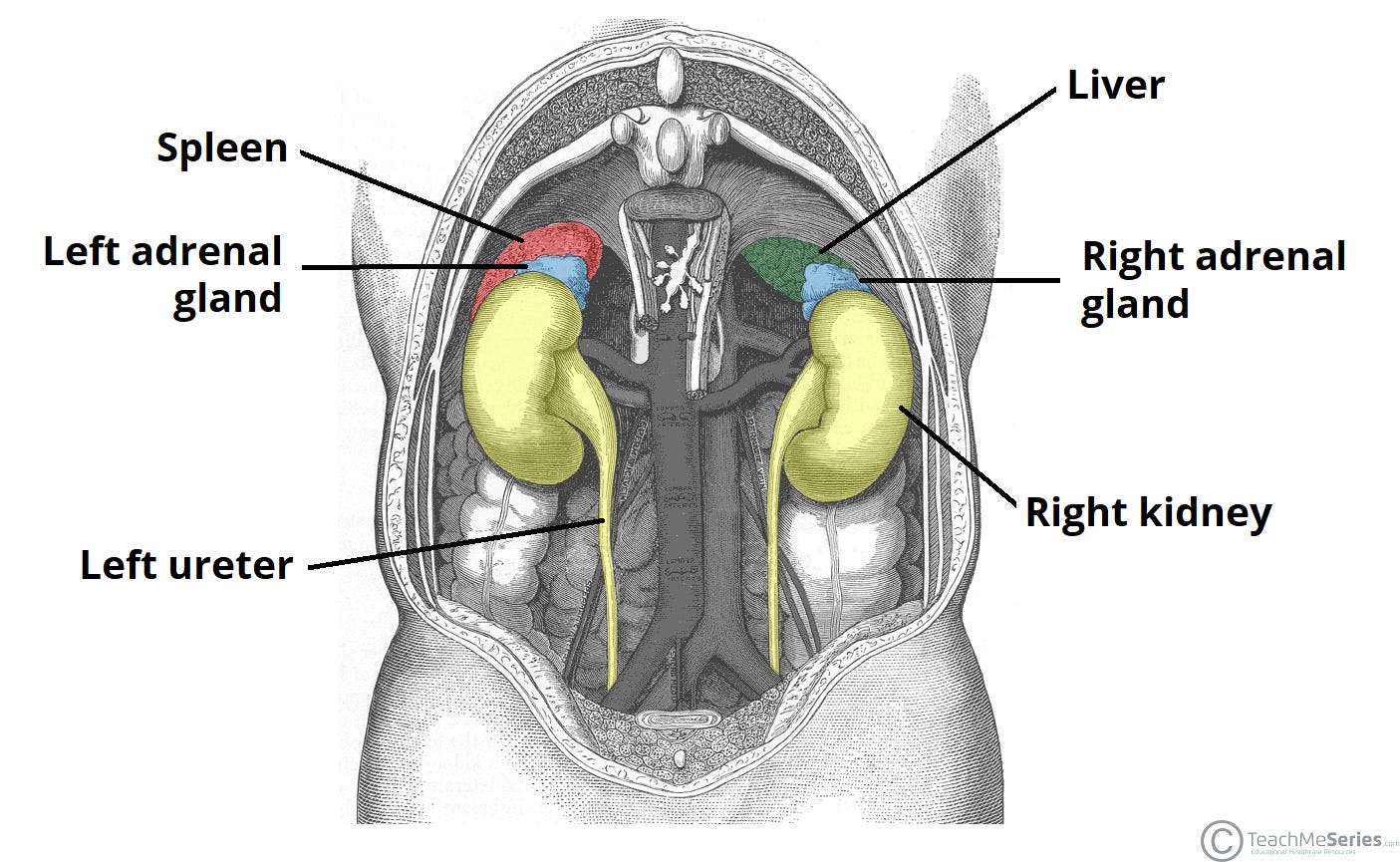How cold exposure 🥶 facilitates memory:
Catecholamines and some of their functions ⚡
I think of the cold as a noble force.
— Wim Hof
The practice of cold water immersion has long been shrouded in mystery 🗿 with many cultures and traditions incorporating this ancient technique into their rituals and practices. It is only recently that scientists and researchers have begun to understand the mechanisms behind this enigmatic practice, and the results are truly fascinating!
Mechanism of Action:
When the body is immersed in cold water, the brain experiences a sudden drop in temperature (of course, but stay with me), which activates the sympathetic nervous system and stimulates the production of hormones such as norepinephrine and dopamine. These hormones are part of a class of substances known as catecholamines, which play important roles in regulating the body's response to stress and other stimuli 💪 Their increased production during cold water immersion may contribute to the cognitive and physical benefits of the practice.
But how does this simple act work on a neurological and biochemical level? When the body is immersed in cold water, the brain experiences a sudden drop in temperature, which activates the sympathetic nervous system. This system is responsible for the "fight or flight" response, and its activation leads to the release of hormones such as norepinephrine and dopamine, which are part of the class of substances known as catecholamines.
The Role of Catecholamines in the Body: From Stress Response to Memory Enhancement:
Catecholamines are a class of hormones and neurotransmitters that include epinephrine, norepinephrine, and dopamine. These substances are produced by the body in response to various stimuli, such as stress or physical exertion, and play important roles in the regulation of many physiological processes. In medieval times, this was understood to be a form of training in which children were taught a lesson and then thrown into cold water, thereby activating the sympathetic nervous system and stimulating the production of catecholamines.
One of the main functions of catecholamines is to help the body respond to emergencies. When the body is exposed to a stressful or dangerous situation, the sympathetic nervous system is activated and catecholamines are released. These substances cause an increase in heart rate, blood pressure, and breathing rate, as well as a release of glucose from the liver to provide the body with a quick source of energy. This is known as the "fight or flight" response and is essential for helping the body react to and cope with stressful situations.
Catecholamines also play a role in regulating mood and behavior. Dopamine, in particular, is involved in the reward and pleasure pathways of the brain and is associated with feelings of pleasure and satisfaction. Low levels of dopamine are linked to depression and other mood disorders, and many antidepressant medications work by increasing the amount of dopamine in the brain.
In addition to their role in the nervous system, catecholamines are also involved in the regulation of blood sugar levels. When the body needs energy, catecholamines stimulate the release of glucose from the liver and help to increase blood sugar levels. This can help maintain energy levels during physical activity or in response to low blood sugar levels.
Furthermore, catecholamines have been shown to enhance memory and cognitive function. When the body is exposed to a stressful or novel situation, the release of catecholamines facilitates the consolidation of memories of the event, allowing us to better remember what happened before the stressor occurred. This may explain why cold water immersion, which activates the sympathetic nervous system and stimulates the production of catecholamines, has been shown to enhance learning and memory.
The Benefits of Cold Water Immersion: Enhancing Cognition, Performance, and Immunity:
In addition to activating the sympathetic nervous system, cold water immersion also triggers the release of endorphins, which are neurotransmitters that produce a sense of well-being and pain relief. This release of endorphins may explain why some people experience a "cold water high" after immersion, and why cold water immersion has been used in some traditions as a form of meditation or stress relief ❄

But the benefits of cold water immersion go beyond just cognitive enhancement. The practice has also been shown to improve physical performance. When the body is exposed to cold water, it responds by increasing blood flow to the vital organs and muscles, providing them with a much-needed oxygen boost. This increased blood flow can lead to improved physical performance and endurance, making it an effective tool for athletes and fitness enthusiasts.
Furthermore, cold water immersion has been shown to have a positive effect on the immune system. The sudden drop in body temperature triggers a physiological response known as the "cold shock response", which leads to an increase in white blood cell production. These cells are essential for fighting off infections and diseases, making cold water immersion an effective way to boost immunity and overall health.
Conclusion 🧊
In conclusion, cold water immersion is a simple and effective practice that has been used for centuries to enhance cognitive abilities and overall health. Recent research has shed light on the mechanisms behind this practice, showing that the brain's exposure to cold water activates the sympathetic nervous system and stimulates the production of catecholamines. These hormones play an important role in regulating the body's response to stress and other stimuli, and their increased production during cold water immersion may contribute to the cognitive and physical benefits of the practice. In addition to enhancing cognitive function, cold water immersion has also been shown to improve physical performance and boost immunity. Overall, this ancient practice offers a wide range of benefits and continues to be a popular and effective way to improve overall health and well-being.
Disclaimer:
It is important to note that cold water immersion can be dangerous if not done properly 💀 It is recommended to gradually acclimate to cold water 🥶 and to (if going on certain expeditions) always have a trained professional present when practicing cold water immersion. Despite the potential risks, cold water immersion can offer many benefits and can be a great addition to your health and wellness routine. With the right preparation and supervision, cold water immersion can be a safe and effective way to improve your health and well-being 🧠
If you are further interested, I’ll recommend this video of Andrew Huberman:



🍧For today's question:
What are the mechanisms behind the practice of cold water immersion and how do they contribute to its cognitive and physical benefits? 🥶